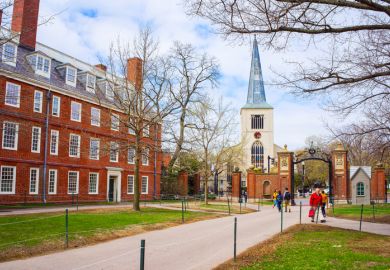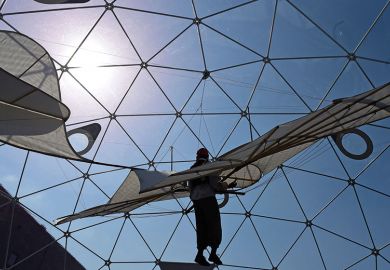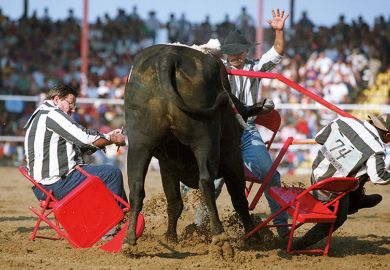Half of US academic scientists drop out of their careers in higher education institutions after five years in their field, according to a new study.
That number contrasts sharply with the departure rate of scientists in the 1960s, when it took 35 years for half of the people who entered a discipline at roughly the same time to drop out.
The study, published in the Proceedings of the National Academy of Sciences, was based on records of more than 100,000 scientific authors whose careers were compared at the intervals of 1960 and 2010.
The records were taken only from the fields of astronomy, ecology and robotics. But the main patterns were consistent in all three, suggesting wide applicability of the conclusions, said the study’s lead author Stasa Milojevic, an associate professor of informatics, computing and engineering at Indiana University Bloomington.
Dr Milojevic carried out the study with colleagues at Indiana and the Georgia Institute of Technology, using records from the Web of Science, an online index of scientific articles.
The results put hard numbers on a well-recognised problem of too many doctoral graduates chasing too few research dollars, Dr Milojevic said.
Yet the findings also show that, contrary to the common metaphor of a leaky pipeline with key junctions needing corrective attention, the structural failings of US research funding have created an environment in which scientists are constantly getting out, she said.
“The pipe is leaking throughout,” reflecting a widespread sense of professional discouragement, Dr Milojevic said. “It’s becoming clear to lots of the prospective PhD students that the prospects of getting a job are really lame.”
The study also found that the share of scientists who spend their entire academic careers in support roles, without ever becoming principal investigators leading a project, has risen from 25 per cent to 60 per cent.
Possible solutions, Dr Milojevic said, include US educational systems putting less pressure on scientists to specialise too early. “They are at the most hazard to drop out,” she said.
Universities could help to create more stable careers for scientists by using fewer postdoctoral researchers and establishing more staff scientist positions, Dr Milojevic said. Funders could help by insisting that a larger share of their awards go to such career scientists, she said. And both could help by promoting the creation of research institutes outside traditional university lab structures, staffed by non-academic career scientists who face no pressure to teach, she added.
POSTSCRIPT:
Print headline: Huge drop in duration of US scientists’ careers
Register to continue
Why register?
- Registration is free and only takes a moment
- Once registered, you can read 3 articles a month
- Sign up for our newsletter
Subscribe
Or subscribe for unlimited access to:
- Unlimited access to news, views, insights & reviews
- Digital editions
- Digital access to THE’s university and college rankings analysis
Already registered or a current subscriber?








